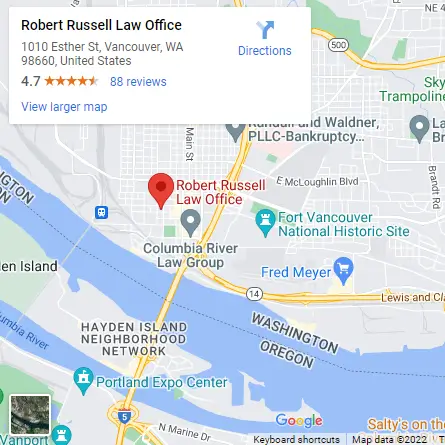A “short sale” is a real estate transaction where the proceeds of the sale will not generate sufficient funds to pay the debt(s) secured by the property (and the seller is unable to pay the difference) and, therefore, any creditor(s) with a security interest in the property must consent to receive less than what they are owed in return for releasing their lien on the property. The fact that a creditor may release its lien to allow the property to be sold does not mean that the creditor will forgive the unpaid balance due on the debt (which is often called the “deficiency” balance).
When you buy a home, the buyer signs a Promissory Note (Note) representing the money borrowed to purchase the home. The buyer/borrower also signs a Deed of Trust (Lien), which is basically a lien against the home and allows the creditor to take and sell the home to pay the Note if the buyer/borrower defaults.
That is simple. If the current creditor does not release its lien on the home, then (1) the new buyer just bought a house with a lien against it, and (2) the new creditor only gets paid from a sale of the home after the first lien gets paid in full. That is why in EVERY sale (normal and short sale), the current creditor has to fully release its lien against the home for a new buyer to buy the home and the new creditor to finance the purchase.
No. Just because the current creditor releases its lien against the home that does not necessarily mean it releases the borrower’s liability on the remaining balance due on the Note (the “deficiency”).
If the creditor says that with the lien release the creditor also gives a note deficiency release, the buyer/borrower is no longer obligated on the balance due on the Note. If the creditor does not specifically say in writing that they release the borrower/seller for the deficiency, then the borrower/seller should assume that it will still be liable for the deficiency.
In our experience, we get a full release on the Note balance better than 85% of the time. The reason that the percentage may be so high is that in Washington/Oregon a creditor that forecloses on a home nonjudicially (without the assistance of the courts) cannot pursue the homeowner for any remaining deficiency balance. Many other states have similar rules.
Yes. Again, assume the seller is obligated on the deficiency balance unless the creditor says otherwise in writing as part of the short sale approval.
The creditor has every legal right to do so (unless waived). Will they? Who knows? We always suggest that a seller should assume the creditor or a collection agency will pursue payment on any part of the deficiency balance not waived as part of the short sale transaction.
In Washington, the statute of limitations to pursue payment for the balance due on a Note is three years from the date of sale. So, if the creditor/collector did want to pursue payment, they cannot wait forever to do so – there is a time limit to file a lawsuit to collect.
Lending guideline indicate that a short sale is often not as bad as a foreclosure. Of course, the best score comes from paying everything on time. Everyone knows that. But if your choice is between a foreclosure and a short sale, we’d suggest the short sale unless you get stuck with part of the unpaid balance – then we’d have to discuss the matter in more detail.


